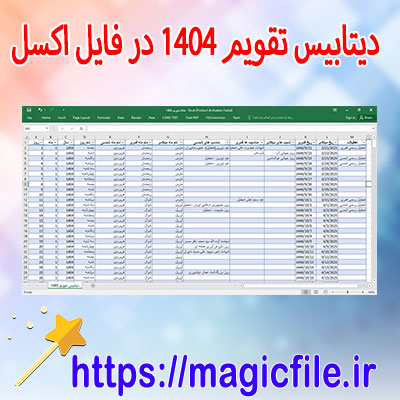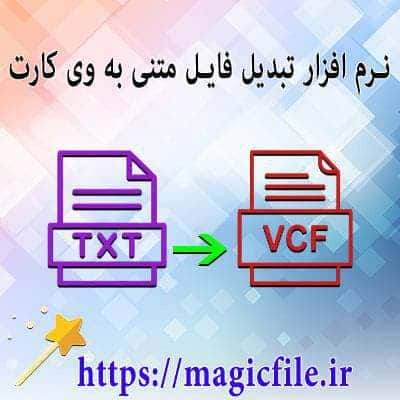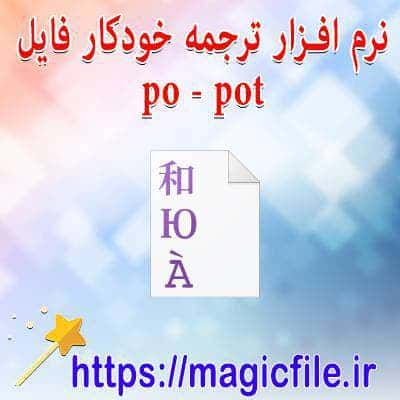عنوان: 1100 واژه ضروری زبان انگلیسی
واژهها، ستون فقرات هر زبان هستند. در زبان انگلیسی، 1100 واژه ضروری به عنوان یکی از منابع کلیدی برای یادگیری و تسلط بر زبان شناخته میشوند. این واژهها به شما کمک میکنند تا در مکالمات روزمره، متون و مقالات مختلف، به راحتی ارتباط برقرار کنید.
در ابتدا، این واژهها شامل اصطلاحات پایه، افعال و صفات هستند. مثلاً واژههایی چون "go"، "make" و "happy" از جمله این واژهها به حساب میآیند. این واژهها نه تنها در مکالمات، بلکه در نوشتار نیز کاربرد دارند.
به علاوه، یادگیری این 1100 واژه به شما امکان میدهد تا درک بهتری از متون و گفتوگوهای روزمره داشته باشید. به عنوان مثال، درک واژههایی چون "important" و "difficult" میتواند به شما کمک کند تا در مورد موضوعات پیچیدهتر بحث کنید.
از سوی دیگر، این واژهها به طور گسترده در آزمونهای زبان نیز استفاده میشوند. بنابراین، یادگیری آنها میتواند شما را برای موفقیت در آزمونها آماده کند.
در نهایت، تمرین و تکرار این واژهها کلید موفقیت است. شما میتوانید با استفاده از فلشکارتها، اپلیکیشنهای یادگیری زبان و حتی مکالمه با دیگران، این واژهها را به خاطر بسپارید.
در نتیجه، این 1100 واژه نه تنها به شما در یادگیری زبان کمک میکند، بلکه به شما اعتماد به نفس بیشتری در استفاده از زبان انگلیسی میدهد. پس از همین امروز شروع کنید!
THE ESSENTIAL ENGLISH VOCABULARY: A COMPLETE GUIDE
Learning a language, especially English, requires mastering a core set of words that form the foundation of effective communication. These 1100 essential words are not just frequently used; they are the building blocks that enable learners to understand conversations, read texts, and express themselves clearly. Let's explore this vital vocabulary comprehensively, covering their significance, categories, and practical usage tips.
WHY ARE THE 1100 WORDS IMPORTANT?
Primarily, these words cover about 80% of everyday language usage. They include common nouns, verbs, adjectives, adverbs, prepositions, and conjunctions. By knowing them, learners can navigate most situations—ordering food, asking for directions, discussing hobbies, or expressing feelings. Moreover, these words serve as a stepping stone toward mastering more complex vocabulary.
CATEGORIES OF THE 1100 WORDS
- Basic Nouns: Words like *time, person, year, way, day, thing, man, world, life, hand* form the core of naming objects, people, or concepts. For example, "The *man* found a *way* to solve the problem."
- Common Verbs: These include *be, have, do, say, get, make, go, know, take, see*. They are the action words that describe daily activities. For instance, "She *has* a new car."
- Frequent Adjectives: Words like *good, new, first, last, long, great, little, own* help describe nouns. Example: "This is a *good* idea."
- Useful Adverbs: Words such as *not, very, just, really, always, often* add meaning to actions or descriptions. For instance, "He *often* visits his grandparents."
- Prepositions and Conjunctions: Words like *in, on, at, with, but, or, because* connect ideas and objects. For example, "She sat *on* the chair *because* she was tired."
PRactical Tips for Learning the 1100 Words
- Start with high-frequency words: Focus on the most common words first, as they appear in most contexts.
- Use flashcards: Visual aids help memorization and recall.
- Practice in context: Use the words in sentences, conversations, or writing exercises.
- Repetition is key: Regular review solidifies memory.
- Engage with native content: Listen to podcasts, watch shows, or read articles that incorporate these words.
WHY MASTERING THESE WORDS IMPROVES COMMUNICATION?
Because they enable you to understand most of what you hear and read. Furthermore, they allow you to express ideas with clarity and confidence. This vocabulary acts as a bridge, connecting learners to more advanced language skills and fluency. Additionally, knowing these words reduces the feeling of being overwhelmed when encountering new texts or conversations.
CONCLUSION
In essence, the 1100 essential English words offer a practical, strategic approach for learners aiming to achieve effective communication. They are not just vocabulary; they are the backbone of everyday language. By dedicating time to learn and practice these words, learners can accelerate their journey toward fluency, opening doors to new opportunities and cultural understanding. Remember, consistent practice and real-life application are the keys to internalizing this crucial vocabulary.





